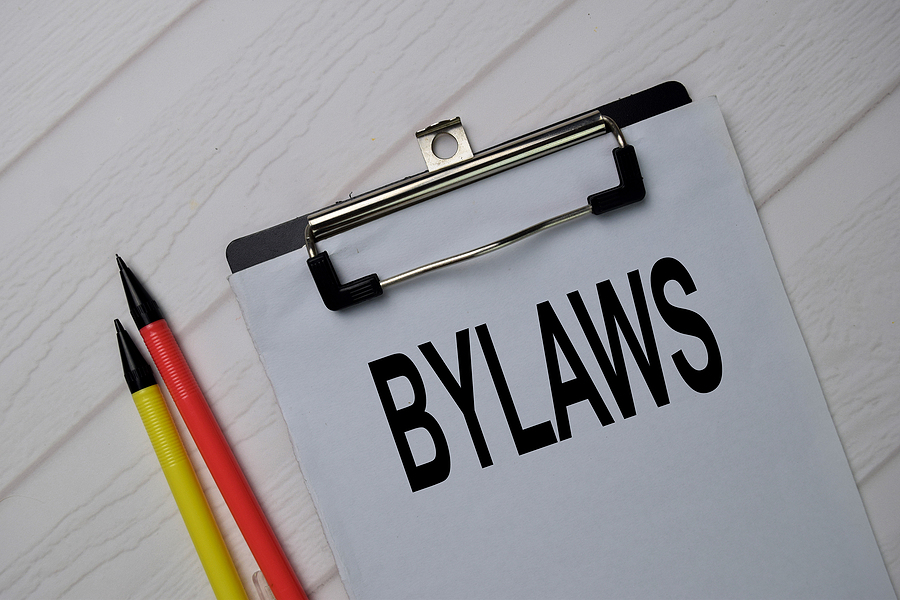Steward have equal status with management, the right to solicit grievances and the right to active participation in a Weingarten setting.

1. Miss your deadline
You know what the contract says, but somehow you forget to file the grievance within the specified time. The grievance, in almost every case, becomes history two pieces of advice. Keep a calendar diary with dates marked in red so you won’t miss deadlines. And you need more time, ask for an extension from management and get it in writing.

2. Never get back to the grievant
This usually happens when the steward determines that the member has no grievance. Rather than be the bearer of bad tidings, the steward disappears. This is irresponsible. If the issue is not grievable under the contract, see if it can be resolved in another manner. If not, tell the member that the issue cannot be written as a grievance, and give him/her the reasons.

3. Bad mouth the union
If you have a problem with the way things are done or with your leadership, discuss the issue(s) in a rational manner. Get off the soapbox and see if the difference can be resolved. There’s plenty of room for discussion and disagreement. But when it spills out on the shop floor or at a meeting when management is present, such disagreements can permanently weaken the union. A house against itself will fail.

4. Drop the routine fly ball
You are the steward with responsibilities outlined by the constitution and by-laws. You should not make basic mistakes. Grievances should be written correctly. Information should be shared. You should know your rights. If you are unsure or don’t know the answer, ask.

5. Sit down and shut up
Sit down and shut up at meetings with management. In your role as a steward you are the union advocate. This role is an active one. You are the equal of management. You may ask questions, ask for and get records to process grievances, and even raise your voice at meetings when necessary.

6. Lose Control
A major no-no. you or a member may be baited at a grievance meeting so that you will get angry. A steward who argues out of anger and not facts will lose the grievance. Period.

7. Write long grievances
Grievances should be short and sweet. Management is being paid big salaries to supervise. Don’t do the work for them. Your grievances should identify the grievant; outline the problem in a sentence or two, state what article of the contract is being violated, and what remedy you want to make the grievant whole. Save the arguments for the meeting. A good poker player never tips his/her hand.

8. Meeting grievant at hearing
Meet the grievant for the first time at the grievance hearing. If this is the first time you’ve met the member, you are inviting trouble. Big time. You should talk to the grievant face to face when you investigate the grievance and write it.
You should also talk to the grievant prior to the hearing to familiarize him/her with the process. When they walk into a room, they should feel as comfortable as possible. They should know that yes, no, and I don’t know are acceptable answers at a hearing. Describe the room to them, who will be there, and what they will be asked.

9. Wait for the member to come to you
Wait for the member to come to you with the problem. If you do this, you will never gain the respect of the membership you represent or the management you must deal with. Problems can often be resolve before they explode into grievances. And members may not be as contract violations and grievable issues as you are.

10. Don’t forget to take a breather
This is intense work. Stewards work full-time job and then take on their union responsibilities. This kind of existence is rewarding but is fraught with burn-out. Take time for yourself and your family.